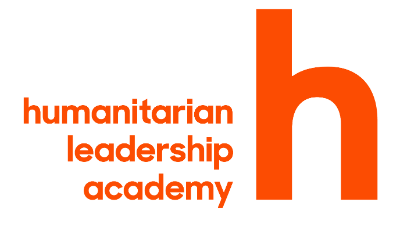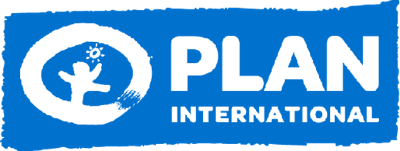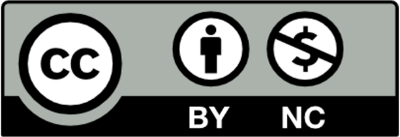
Case Studies

In 2007, we secured funding from a donor organization for a new project. But as we started work, we realized that we had not given enough thought to planning its initial stages. We needed to clarify our objectives and to write better proposals, so we decided to look at PMD Pro. Three of us attended a PMD Pro training course and two of us passed the PMD Pro 1 certificate. We shared what we had learned with other AMA staff because we felt that it was important to communicate with each other using a common language about projects.
PMD Pro has been useful in helping us to identify different project phases and to understand what tools to use at each stage. The Logframe and other tools have enabled us to structure more realistic projects and we now have the tools to track our funding needs. We have better control over our spending, and this has also given us the confidence to present our work to donors.
Mayan women from rural communities in Western Guatemala set up our association in 1994. Economic and social pressures, and changing weather patterns have made these communities more vulnerable, and AMA has found effective ways to build the skills, tenacity and capacity of women as agents of change in their villages. Twenty years on, we are now a strong, grassroots association with 200 member organizations and reaching of thousands of people.
Our recent initiatives include installing fuel-efficient stoves in homes, reducing dependence on firewood and improving the health of families who no longer have to breath in smoke. The time that women spent using wood fires for household tasks has also been freed up for more productive activities. AMA has enabled 150 women to develop skills and techniques to sell traditional woven cloth direct to buyers. Meanwhile, men in some villages have worked on sewerage projects, installing new drainage systems to improve health and sanitation facilities.
Our plan is now to train community leaders so that we can have good, objective conversations about our work. It would be great to develop a form of PMD Pro that is practical and appropriate for beneficiary communities to use in their work.
Supported & Developed by:
Shared by:
Users are free to copy/redistribute and adapt/transform
for non-commercial purposes.
© 2022 All rights reserved.




